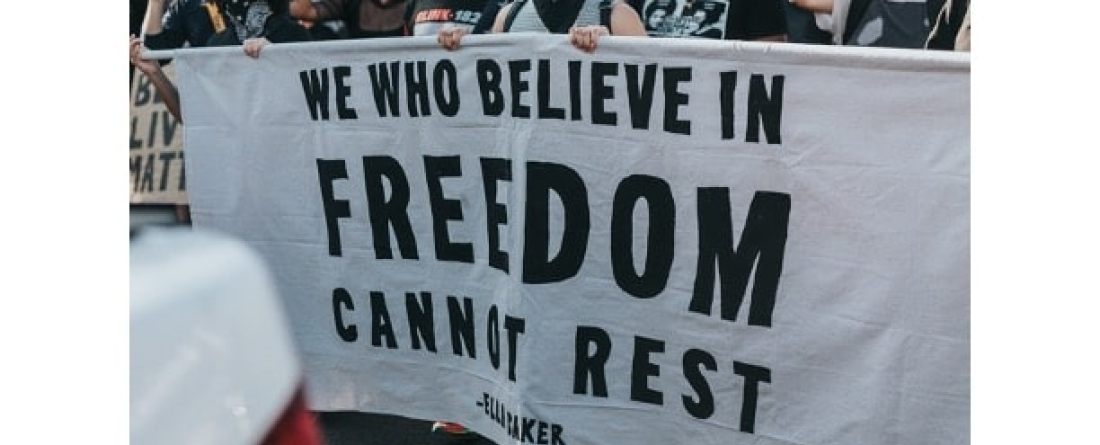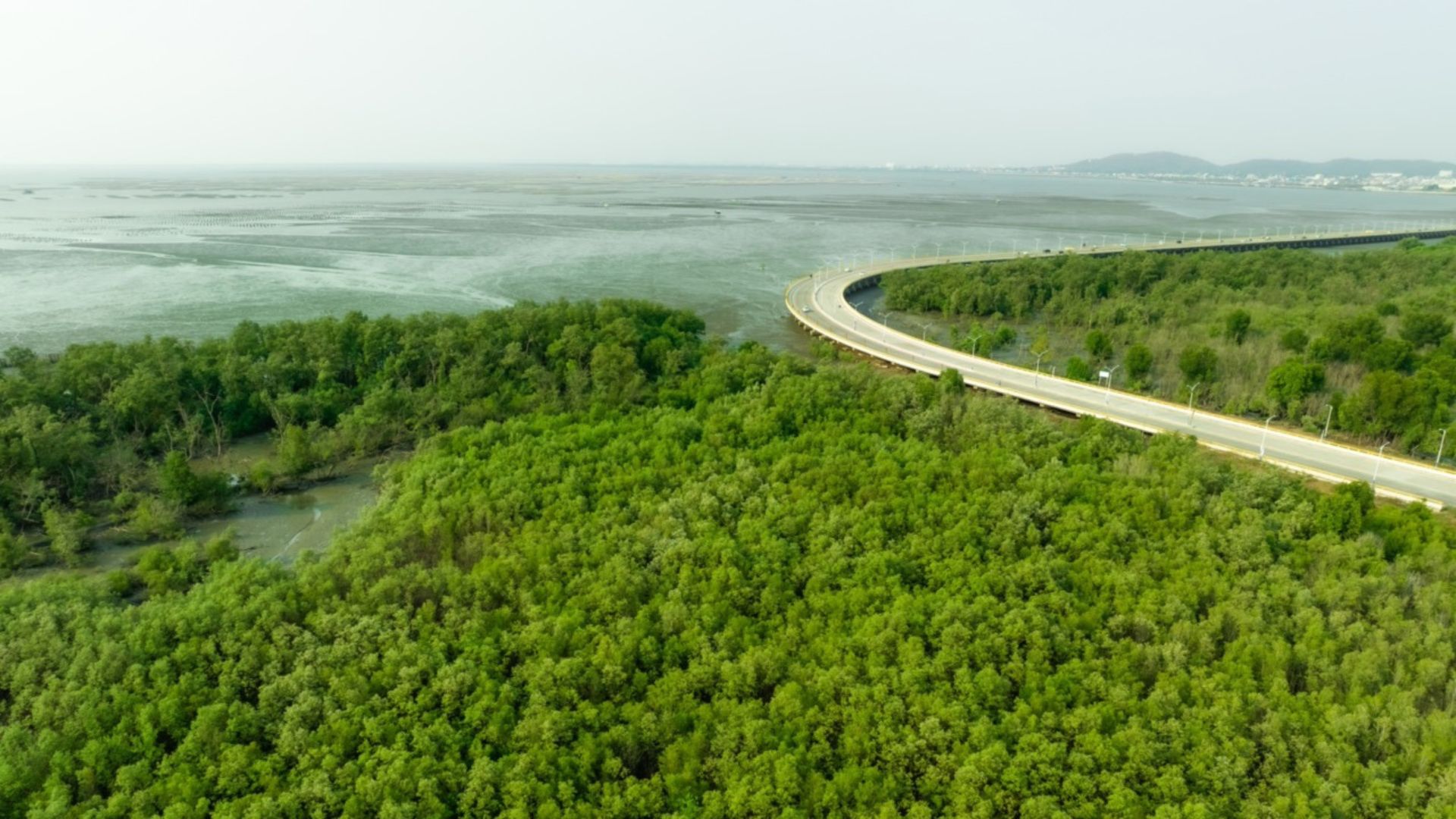
A note from Center for Global Sustainability (CGS) Director Nate Hultman.
One hundred and fifty-five years ago, the last group of people enslaved in the United States of America were informed that they were legally freed, a day that is marked as Juneteenth. Yet even today, as we reflect meditatively on this important moment, it is in the context of the terrible and painfully felt killings of George Floyd, Breonna Taylor, Ahmad Aubery, Tamir Rice, Trayvon Martin, Eric Garner, Philando Castile, Freddie Gray, Sandra Bland, Mike Brown, Emmitt Till, and so many, many others since our nation’s founding. And in this context, we witness that America remains a place where not all people are truly free, and where pernicious, reprehensible, and insidious forms of systemic and institutionalized racism continue to kill, to disenfranchise, to torment, to marginalize, and to cause daily, severe harm to Black people everywhere.
This deadly pandemic of injustice, inequity, and inaction calls us to work everywhere, in all of our professional and personal contexts, to find ways to stop its momentum, to tear out rotten infrastructure and rebuild it with a new, humane, and compassionate architecture of processes, practices, and real action. In doing this, we recognize and focus on the particular pain for the Black community in America, and at the same time recognize that racism and injustice harms and kills everywhere in the world.
At CGS, our work has always been driven by our values—notably our commitment to improving human lives through informed policy to support sustainable development and rapid, low-carbon, clean energy, economically vibrant transitions. In linking our research capacity with these values, the community we have at CGS has tremendous power that has enabled us to drive forward programs and ideas that have made a real impact in many areas. Yet as I reflect on our history during the last four years since our founding, I can only conclude that we have failed as an institution to deliver on these values for the Black and Brown communities in our country and around the world. This is not for lack of interest and commitment of our people within CGS, with their interest and implementation across many research areas that have been significant since our founding and that has recently grown into an impressive force within our Center. Rather, I failed to drive it as an institutional priority: first because of my unfounded wishful thinking that work “adjacent to” race issues was sufficient to advance the mission through a sort of magical osmosis; and second, a blindness in my own vision to the centrality of this issue in all of the work we do—and thus I myself perpetuated the system of institutionalized racism that we know we must tear down.
In this light, and thanks to the many people within CGS who have been facilitating conversations, speaking out, and bringing their commitment to how we can be part of the solution, we are restructuring our approach to our work. I am inspired by the many conversations that we are having within CGS that will apply our best thinking to how to take our capabilities and skills and apply them to this central issue. While the specific pathways are just coming into focus, it’s clear that there will be several complementary approaches to centering this work as “our work.” We will revisit and discuss our values and mission as an organization, centering issues of Justice, Equity, Diversity, and Inclusion to ensure we are aware of previous blind spots and have broad consensus and commitment to our way forward. Rooted in these values, we will re-examine our existing project set to identify areas where these streams of work can immediately be retooled or modified to integrate and advance aspects of justice, equity, diversity, and inclusion. In parallel, we will also seek to support an integrated program with our home in the School of Public Policy that provides new curricular and educational opportunities in Environmental Justice, Climate Justice, Equity, and Just Transitions. As we build these programs, we will seek out, hire, and include additional people of color in our own CGS community. And we will use our deep and broad networks, experience, and notable mentoring strengths to recruit, include, mentor, and place Black, Latinx, and other students of color in the areas in which we have existing strengths—areas which are often woefully underrepresented by these groups and yet are on the front lines of experiencing the impacts of climate change, pollution, environmental degradation, and energy-economic transitions.
This moment calls all of us to reflect and to act. We at CGS have an important role in joining with the broad groundswells of action across this country and the world, integrating racial, diversity, and environmental issues to realize a world of justice, equity, and sustainability in the United States and the world.
Black Lives Matter.
Nate Hultman, Director, Center for Global Sustainability



